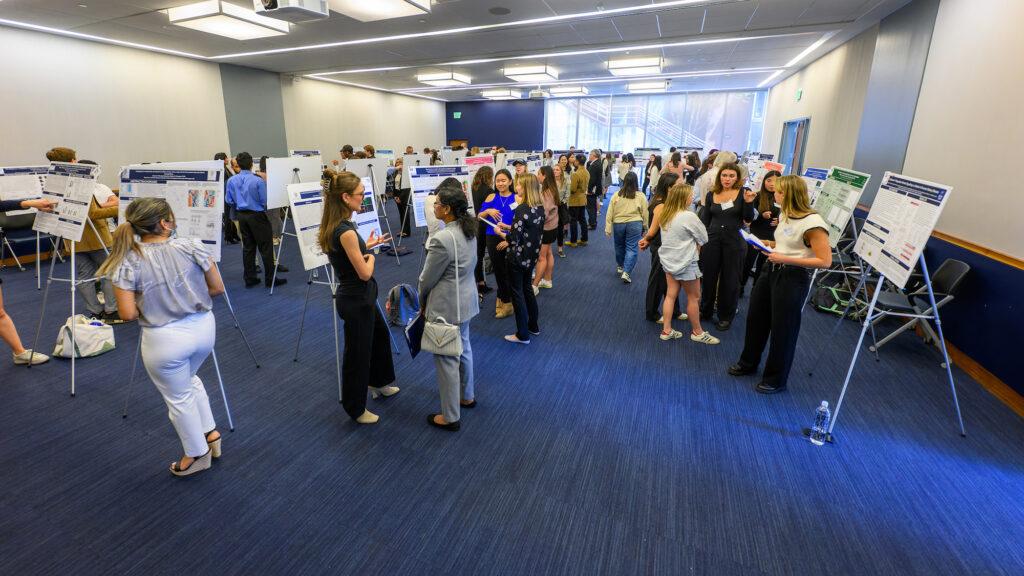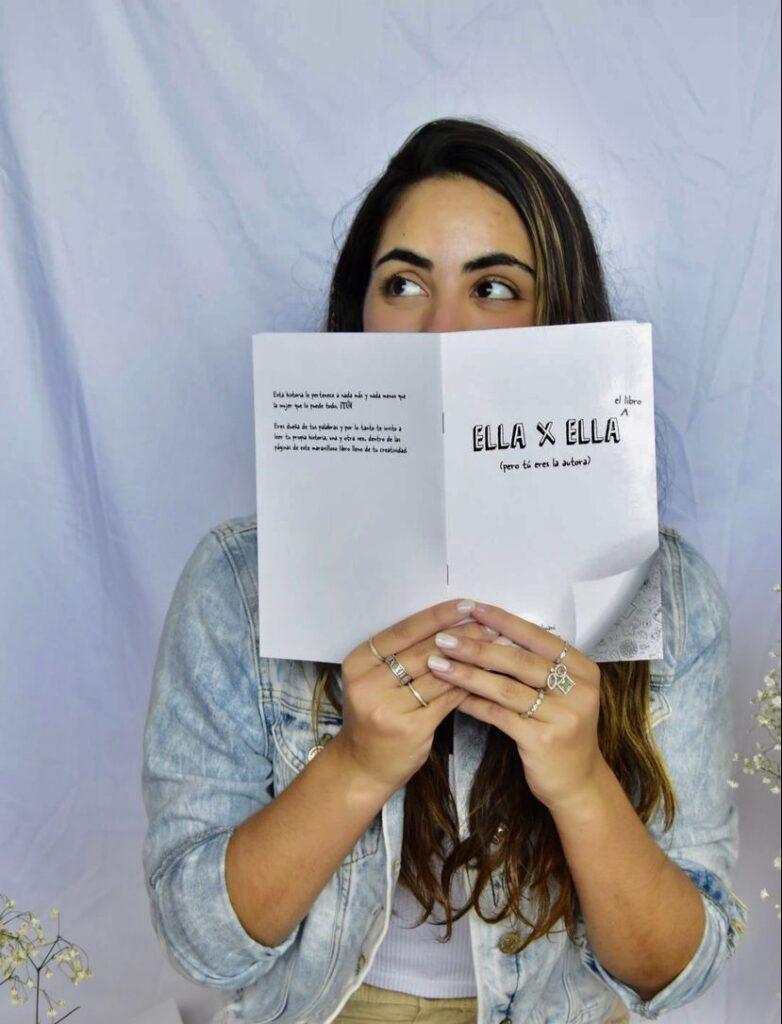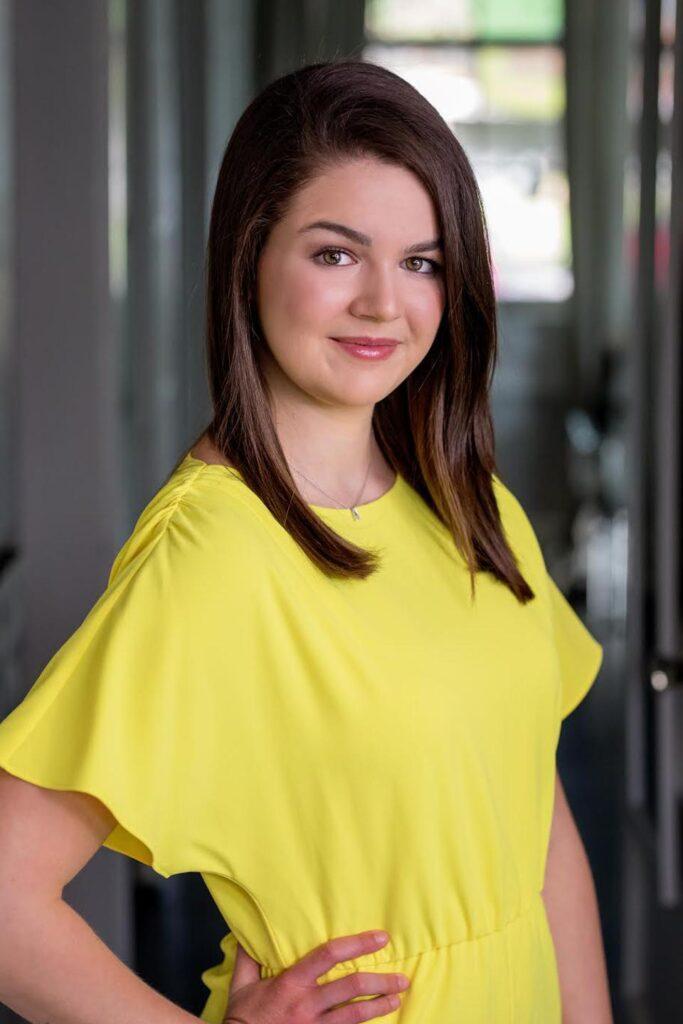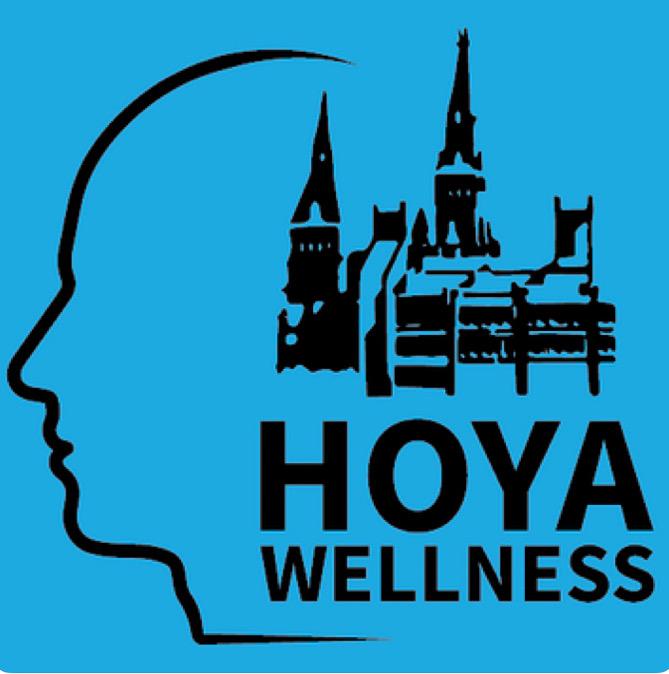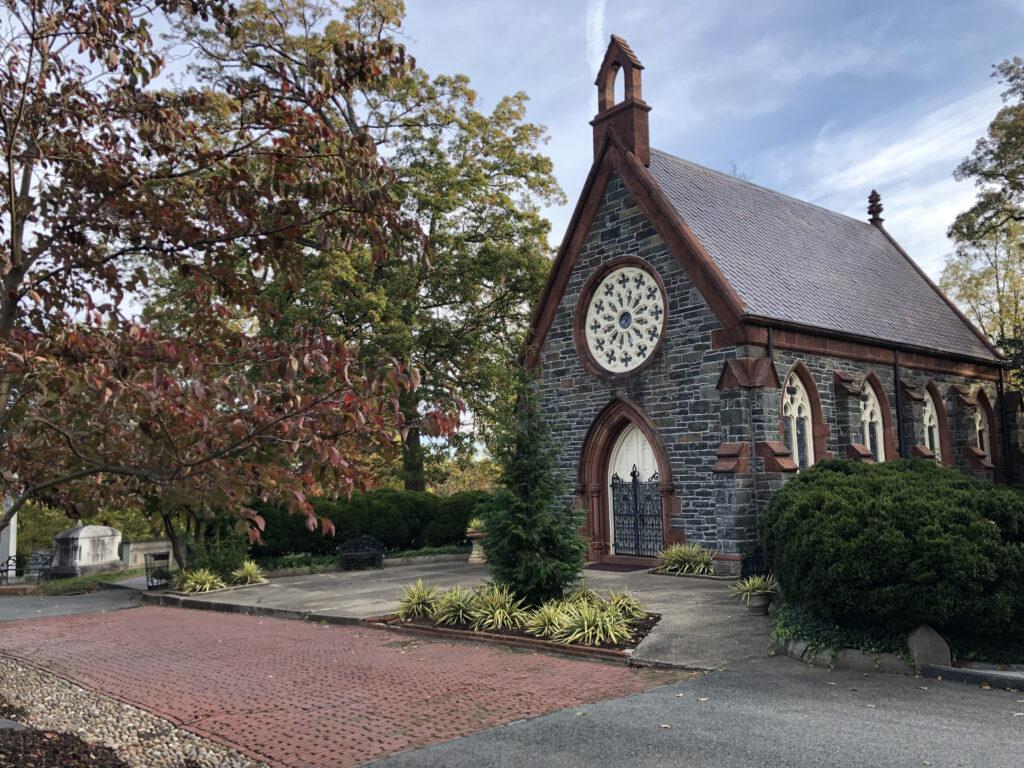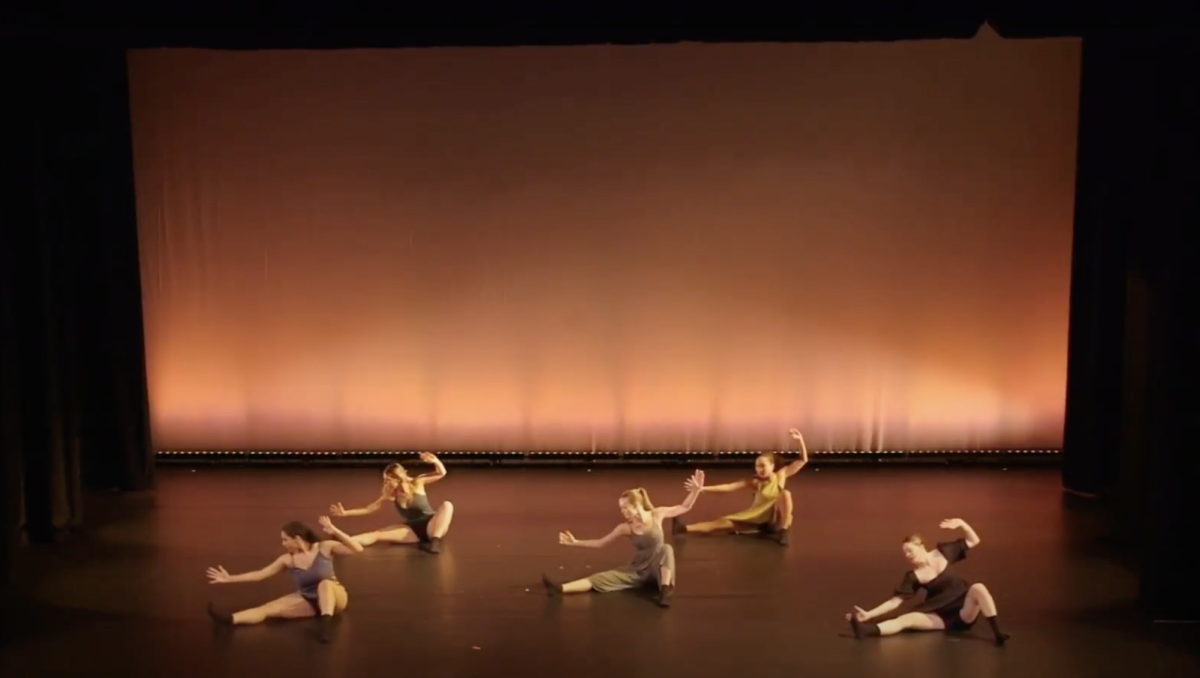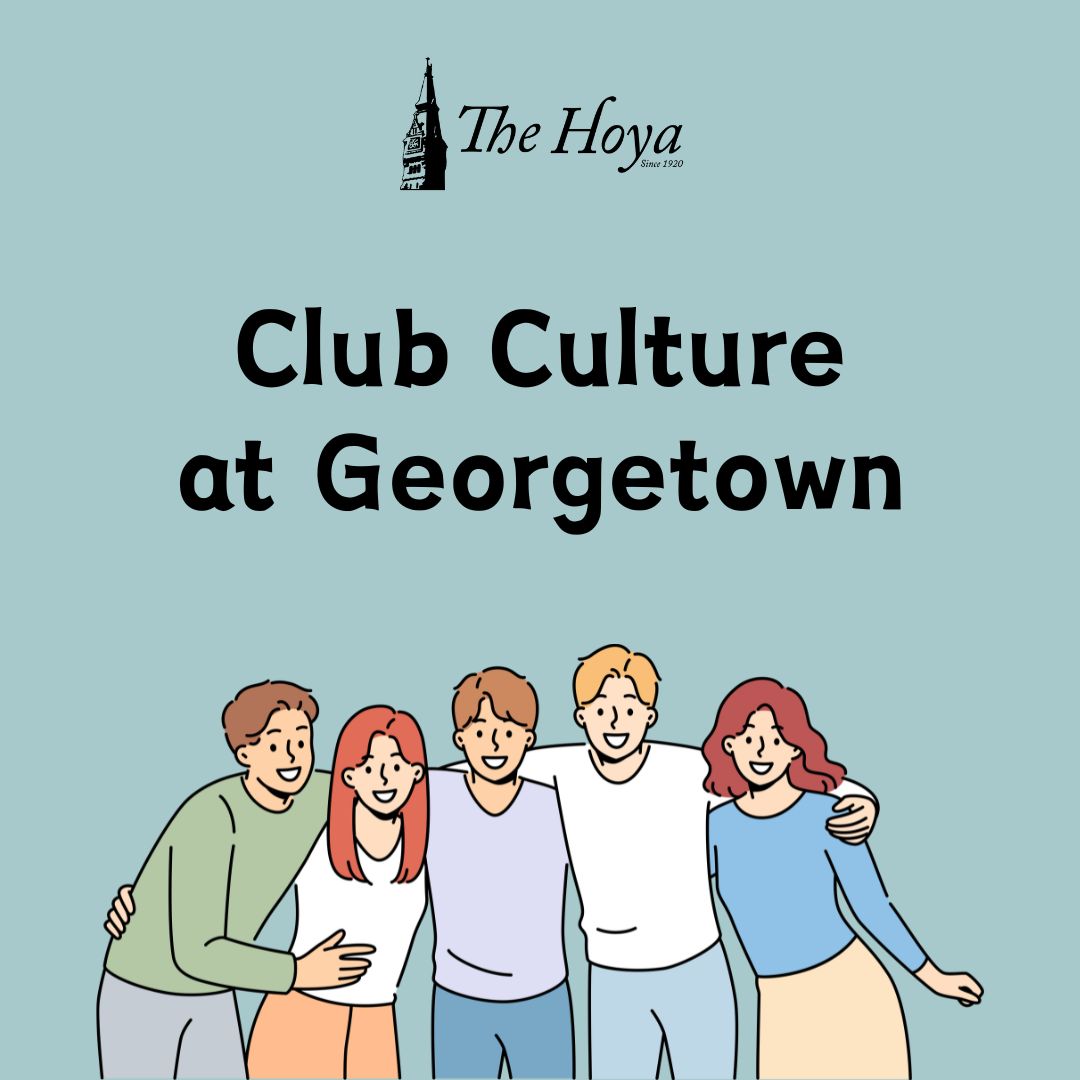This week on The Community Corner, multimedia staff member Briana Sparacino (COL ’25) sat down with two ethicists at Georgetown University, Fr. Myles Sheehan, S.J., and Sean Aas, to discuss what the philosophical community thinks about COVID-19 vaccines requirements, doctor preferences and more.
Hear from Sheehan, a Jesuit priest, physician and professor of medicine at Georgetown University, as he discusses controversies within the church about the COVID-19 vaccine and why vaccination requirements are still moral under concepts of the common good.
Then, listen as Aas, a senior research scholar at the Kennedy Institute of Ethics at Georgetown University and professor of philosophy, applies his research on bodily rights and disability to moral questions about the vaccine.
Podcast Transcript:
GB: From The Hoya, I’m Grace Buono, this is The Community Corner, a weekly show about the lives and stories of Hoyas near and far from the Hilltop. This week, my fellow multimedia staffer Briana Sparacino (COL ’25) reported on a question perhaps lurking the back of all our minds. With stagnating vaccine rates, what are the morals behind vaccine requirements? Who in society decrees when a vaccine is safe and when it is not? And really, why has this become such a controversial topic in this country? So, Briana set out to talk to the experts: members of Georgetown University’s Kennedy Institute of Ethics, a bioethics center, think tank and library founded right here in Healy Hall back in 1971. I’ll let Briana take it away from here.
BS: First, I sat with Fr. Myles Sheehan, S.J.
MS: Well, I mean, a basic thing is a vaccine, so long as it’s safe and effective, is a very good thing because it protects us against stuff that could harm us or kill us, like COVID.
BS: Fr. Myles Sheehan is a Jesuit priest and director at the Pellegrino Center for Clinical Bioethics. He’s also a professor of medicine trained in internal medicine and geriatrics who does a lot of teaching with medical students as well as ethics consulting for the Georgetown University hospital.
MS: People are and have concerns about how we make vaccines and what the origin is. When we look at, say, the COVID vaccine, the part that concerns people in particular is its relation to the use of cells that came from aborted fetuses. The way one looks at this as well, if we could have a way to do it without doing that, that’d be great. You know, one of the things we think about is that our actions in a world often have a variety of different complications. With the vaccines, although there is a remote association with something that I believe is wrong, and the Church teaches us wrong, it’s called remote material cooperation. It had nothing to do with what we want or desire. It happened years ago. And the other part that’s important is that this is for something that’s extremely dangerous. We’re not just doing this for a trivial reason. There is a, you know, a real risk of injury or death from the COVID virus and so that concept of duress comes in which makes it okay to use these vaccines.
BS: Then I sat with Dr. [Sean] Aas.
SA: Well, I don’t think there’s much of a moral argument against receiving it.
BS: He’s a philosopher and bioethicist who teaches in the department of philosophy and is also a senior research scholar at the Kennedy Institute of Ethics. He’s interested in the issues around the basis of the rights to our bodies and justice for people with disabilities.
AS: The moral case for taking them, and there’s an obvious prudential or self-interested case for taking them, namely that you’re much less likely to become seriously ill if you take the vaccine. That’s more true the older you are, but it seems to be true in all age groups to some significant extent, right? Every, people in every age group, including children, are protected from severe, severe outcomes. But given that, there is still some substantial protection against immunity, you’re protecting other people around you from becoming infected by you by getting vaccinated. And I think that’s especially important for younger people, both because younger people, I think, find it more difficult to isolate to quite the same extent as older people. And because younger people are more likely to have asymptomatic cases of COVID. And therefore not to be able to use their symptoms as a warning that they’re sick. So reducing the chance of having that asymptomatic infection, I think, is an important moral obligation on everybody, but especially young people.
BS: Yeah, so I’m from New York, so I’m specifically aware of the recent mandate by Mayor de Blasio that all healthcare workers, including teachers, have to be vaccinated or else they’ll be fired. But there’s situations happening similar to this in all of the United States. So my question is, what are the moral implications and on what moral basis can government officials like Mayor de Blasio or President Biden, for example, on what moral basis can they do this?
SA: So when you’re talking about from the perspective of an employer, I think this is easy, right? It’s clearly relevant, or at least could rationally be thought of as relevant to the job of both the healthcare worker and a teacher, right, because that job includes protecting the people they’re there caring for. And now it’s a harder question — the ethics and legality of the, you know, at least a little bit harder question, the ethics and legality of the mandate coming from the mayor of New York, or the president of the United States. So you, I’m sure you and your listeners remember that the first thing that came out was mandates that people who work for the government directly, right, so presumably the city of New York owns hospitals and it certainly owns the schools, right, that’s just another version of the private employer, right? It’s, it’s relevant to the job; it’s not a form of irrational, unjust discrimination. So it’s fine to have it as a requirement. These governments have a right and an obligation to protect. And the thought is, you know, by giving the vaccine to everybody in the workplace, you protect other people working there from, from, from those dangers.
BS: Now, I asked Fr. Sheehan the same question, but here’s what he had to say about it.
MS: Well, I mean, I think behind that question is, we all have a right to our bodily autonomy; it’s our body. And if somebody wants to do something to us, we should be able to give permission about it and not be forced to have a procedure or medication or something we don’t want. The complicating matter is that when there’s an infectious disease and we become infected I also have the right to want to be protected against that infectious disease. So in situations like this historically, and I think it makes sense, morally, that we look to not simply individual autonomy, but to the common good. In other words, we’re trying to protect the population from a known threat that is serious. And so in that situation, if the vaccine is safe, one can mandate its use. The limits of the mandate we can talk about; I don’t know if it’d be fair to mandate that every single person has to get it. But I think it makes sense to mandate it for healthcare workers in particular. And I think that there are different arguments for and against — like, can it be used in the educational setting? Here at Georgetown where I believe everybody has to get vaccinated again to allow the university to continue and not have another year off or just on Zoom, we need to make sure that we don’t have outbreaks. And so thus if you want to come to Georgetown to study, to teach, then you have to have the vaccine.
BS: So in terms of common good versus our own individual autonomy, it’s just such a blurry line. Where do we draw that line?
MS: Well, I think with a disease that kills and has, you know, killed over 700,000 people in the United States. But if I don’t get the COVID vaccine, and I run around and teach classes at Georgetown, and meet with people, well, I’m making other people sick. I don’t have the ability to interfere with other people’s freedom in that way. And that’s a way in which to try and have a society we do allow different trade-offs between absolute autonomy and then protection of the common good.
BS: This does raise the question, to what extent do we have the right to our bodies? I asked Dr. Aas for his opinion on this matter.
SA: The fundamental question is when are you posing so much of a risk to others by being unvaccinated that you no longer have a right to decide, you know, whether this thing is going to guard your body or not, whether your body is going to be transformed in this way or not. You know, what I think people were afraid of in the beginning when everyone was willing to lock down, was people were going to be dropping like flies in the streets. It isn’t the zombie movie pandemic. It isn’t that kind of obvious case. I personally think — and there have been some philosophers that have argued this — I find it plausible that in this certain circumstance there is a good argument for mandatory vaccinations; it is sufficiently serious that the kinds of risks you’re imposing by, say, being unvaccinated are significantly more perhaps than the risks you impose others on a daily basis by driving and doing other things that we allow. So I think there probably is an argument for mandatory vaccinations, at least for people who are more likely to be in contact with vulnerable others and to make them ill and maybe for anyone who wants to be in significant contact with others, like to enter bars and restaurants and other situations where they pose a risk of onward transmission.
BS: So I asked Dr. Aas and Fr. Sheehan, what are some of the moral arguments for or against treating an vaccinated patient over an unvaccinated patient? Here is what Fr. Sheehan had to say.
MS: I think it’s wrong to prioritize vaccinated over unvaccinated patients. But when you’re a physician or a nurse, your duty is to care for the person in front of you and to make the decisions based on what are for that patient’s good as the patient would define it. We take care of people who get drunk and are in auto accidents, we take care of people who don’t wear seatbelts, we take care of people who smoke a lot. We take care of people who do all sorts of things that are dangerous for our health. So we care for people in front of us. The goal of physicians and nurses is not to be judges of people’s behavior, but to help us deal with the consequences when and if something bad happens.
SA: It’s partly difficult because there’s a question not just about sort of, you know, what it would be fair for God to do here, right? For, you know, for kind of a perfect agent to do, right? That would be one thing, and maybe maybe a perfect agent, I mean, it’s hard to say for sure what a perfect agent would be like, but maybe a perfect moral agent, you know, who could tell for sure who is responsible and how, and you know, exactly why someone wasn’t vaccinated and what access to information they had and didn’t have and what they’re, you know, who could see the whole picture, they might be justified in rewarding, in choosing, to give the scarce resource to the person who was responsible. I’m a little bit uncomfortable with the idea of letting doctors make these decisions at the bedside. I would at least want there to be general policies. This discretion to physicians, my question is, is it going to be used appropriately? And can we trust that it is? Many of them would, but some of them wouldn’t. And is that fair?
BS: I think in conclusion we can assume that bioethics, the field itself, is going to completely undergo some serious change after this pandemic or you know, definitely …
GB: Again, that was Briana Sparacino reporting for you today. Special thanks to Fr. Myles Sheehan and Sean Aas for taking the time to speak with The Hoya. This podcast was recorded by Briana Sparacino and edited by Grace Buono (COL ’23). That’s it for today, tune in for more next week.




